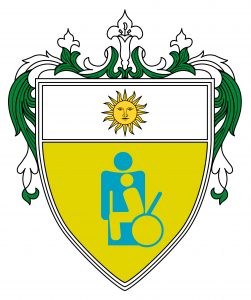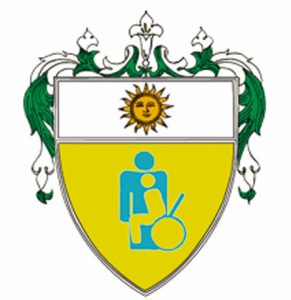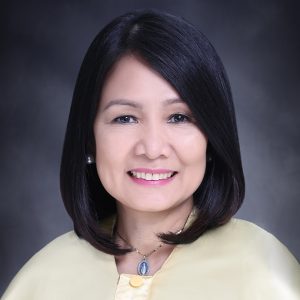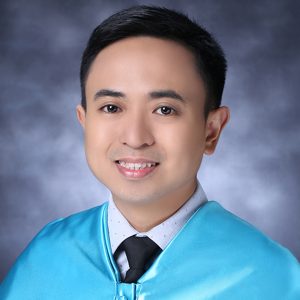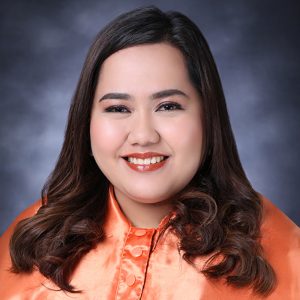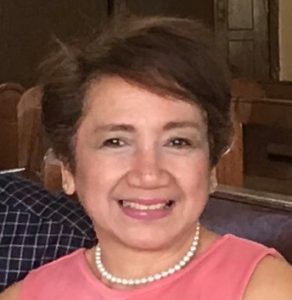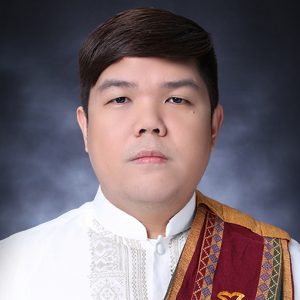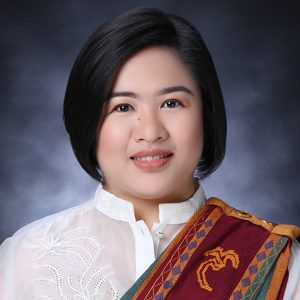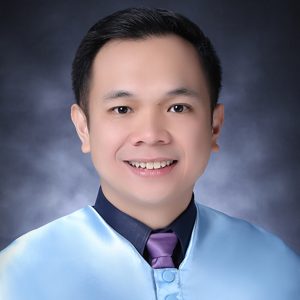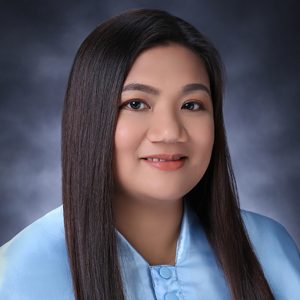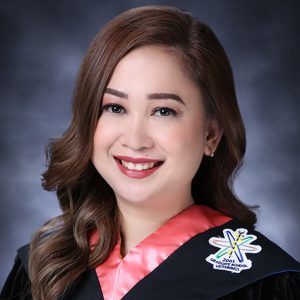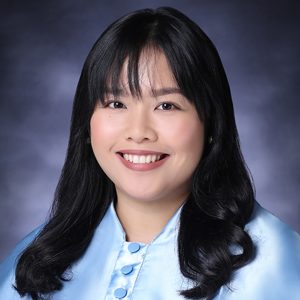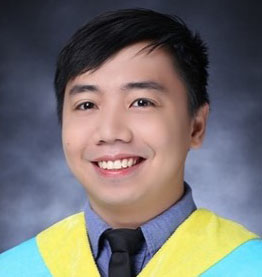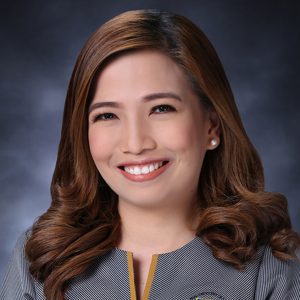The UST-CRS ERC started as a Research Ethics Committee of the College of Rehabilitation Sciences headed by former College Regent, Rev. Fr. Fausto B. Gomez, OP in June 2008. It was comprised of six (6) personnel namely: two faculty members from the Department of Physical Therapy, two faculty members from the Department of Occupational Therapy, the College Secretary, and the Research Coordinator. Its objective was to review research protocols of the interns for ethical soundness and to provide independent guidance, advice, and decision (in the form of “approval/recommendation/stipulation/disapproval”) on health research or other specific research protocols involving human subjects/participants. Fr. Gomez was succeeded by Prof. Fernando R. Pedrosa, Ph.D. as Chair in Academic Year 2010 – 2011 and 2011 – 2012. Currently, Assoc. Prof. Anna Lea L. Enriquez, MD is Chair of the Committee, having been so since AY 2012 – 2013.
The ERC was initially accredited Level II by Philippine Health Research Ethics Board (PHREB) last March 12, 2016 to March 12, 2017 as standard policy for newly applied ethics committee. In March 12, 2017, it was again granted the level for 2 years to complete the 3-year regular accreditation ending on March 12, 2019. Since then, the Committee has grown and increased its composition to nine (9) regular members representing the different departments in the college. The UST-CRS ERC scopes of review are proposals that are both observational and experimental studies spanning the fields of social sciences, life sciences, and health sciences except for clinical drug trials and medical devices. However paramedical devices related to the practice of rehabilitation sciences may be reviewed.





